Bikini barista coffee: Stop objectifying women’s bodies
Bottoms Up Espresso opened Friday after receiving criticism for the attire of their employees. Photo credit: Caitlyn Young
Why “breastaurants” are a dying business model
For the last month, the newest coffee chain to come to Chico has been generating a lot of buzz. Bottoms Up Espresso began to garner criticism from residents before it officially opened, and since its location’s unveiling last week, it’s clear that the business’s reputation is true.
Why the backlash? The franchise’s reputation comes from the requirement for all servers to wear “minimal clothing”, a look that has earned the nickname “bikini barista”. There are themed days for outfits to be worn, with names like “Schoolgirl Day,” “Lingerie Day,” and “Fantasy Day.”. Employees must submit a photo along with their application for hiring.
One could safely say Bottom’s Up’s choice of business model is anything but subtle. Yet I have been astonished by the wide variety of opinions I have heard around town when asking people what they think of this place, and the number of friends, all Chico locals, who I have seen on Facebook posting about it. Some openly express their appreciation for women serving them coffee wearing fewer items of clothing. Some go so far as to say that they feel it’s a “creative” idea, but that they will stick to Dutch Bros.
Is there something wrong with a coffee place, or any business, choosing this approach to sell its products? It seems unfortunate that one has to point out what, in my opinion, is an obvious problem with this business model. The thing about this kind of business is, it’s not a new idea. It’s a very old way to sell products. It really doesn’t matter that it’s coffee that’s being sold – what matters is that once again, the business model is using the objectification of women’s bodies to draw customers.
Seeing this kind of business in post-Trump America 2018 is not surprising, but it is no less sickening. At a time in our country when the current president is a man who repeatedly expressed lewd appreciation (or criticism) of women’s bodies and bragged throughout his life about his entitlement to touch them, it’s clear that much still has to be done. Part of that is going to require calling these businesses what they are. They’re often referred to as “breastaurants” and they are actually on their way out.
Check out, for instance, the movie Support the Girls, which finds humor in the rise and fall of the so-called “breastaurants” that some of us thought were finally going out of fashion. Sales at Hooters restaurants nationwide have stagnated, to the point where Hooters is up for sale a second time after the sale of fellow “breastaurant” Dick’s Wings and Grill. In the serving industry, which historically has always been a hazardous type of occupation for women, these types of businesses are particularly explicit in using feminized labor. According to The Daily Beast, on the nationwide decline of businesses like Hooters, it is “a tasteless reminder of a time when sexual harassment was an implied part of many women’s job descriptions.”
With these examples already showing signs of losing relevance in the economy, seeing Bottoms Up Espresso using this business model seems callously ill-informed. In the post-#MeToo era, these businesses are behind the times.
To be fair, thanks to #MeToo, it’s become clear that those times when women’s bodies were often a part of their job have never left us. That makes businesses like this even more tasteless and out-of-date. And what needs to happen to a business model that is out-of-date? Simple – it needs to be dropped.
Let’s call this kind of business what it is. It’s objectification of women’s bodies to sell a product. If it weren’t, why would this business hire only women, require women to submit a picture of themselves with their application, and require those women to wear swimwear, instead of uniforms that match their production tasks, every day?
Let’s not excuse this business model. Let’s not legitimize their lazy, objectifying choices by calling them “creative” or buying their products. This model is not creative. It’s a very old idea and it needs to die.
To criticize these businesses is not to attack the employees who end up working there for a living. To criticize the business model itself is to criticize the social systems that make that business model still seem like a viable thing in our economy, and keep women’s bodies valued and objectified alongside the products being sold.
Say no to Bottoms Up Espresso, and to the rise of “bikini barista” establishments. In a town brimming with excellent coffee and a wide variety of high-quality choices, there is no reason to give your money to a business that is this lazy and tasteless. It’s time to show these businesses that, like the men in office who think women’s bodies are a battleground for their agendas, we see what they’re doing, and they are on their way out.
Natalie Hanson can be reached at [email protected] or @NatalieH_Orion on Twitter.


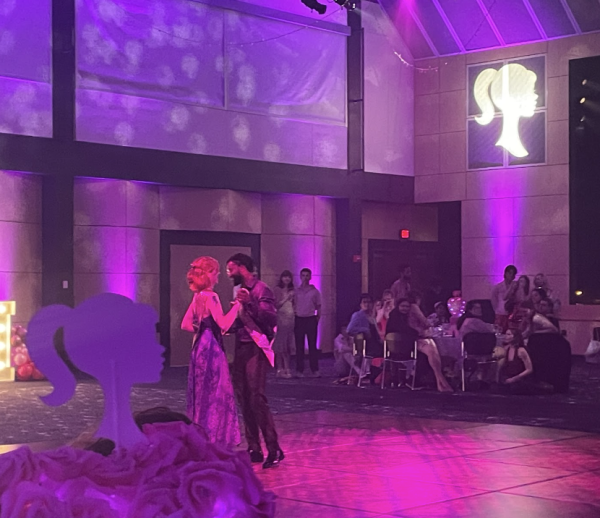
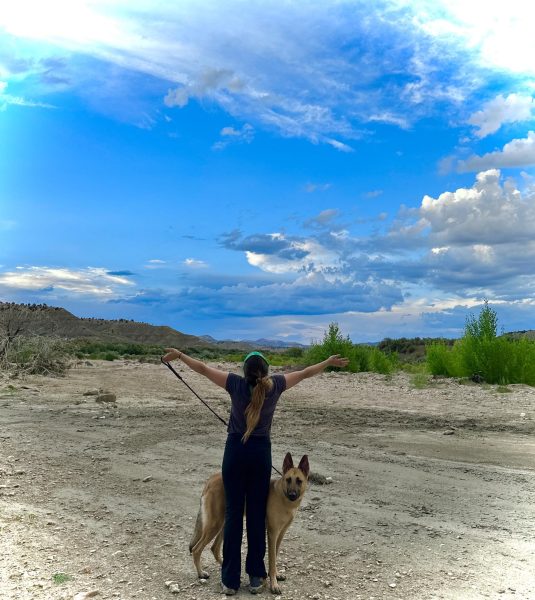
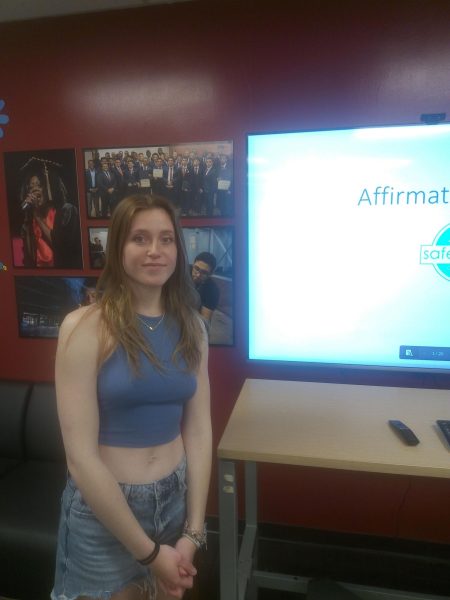



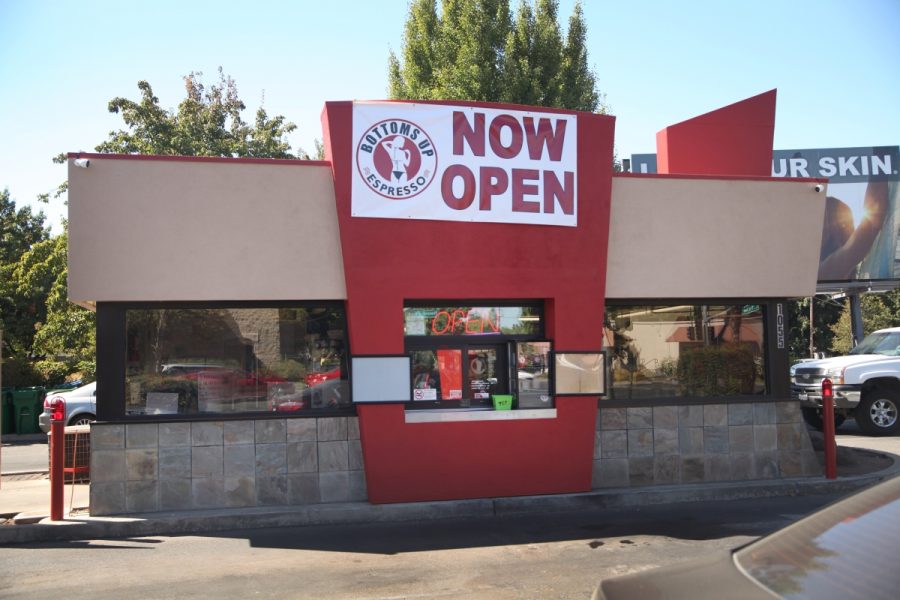

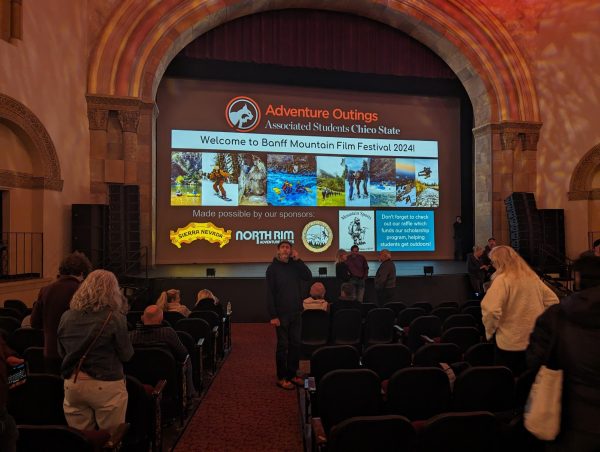



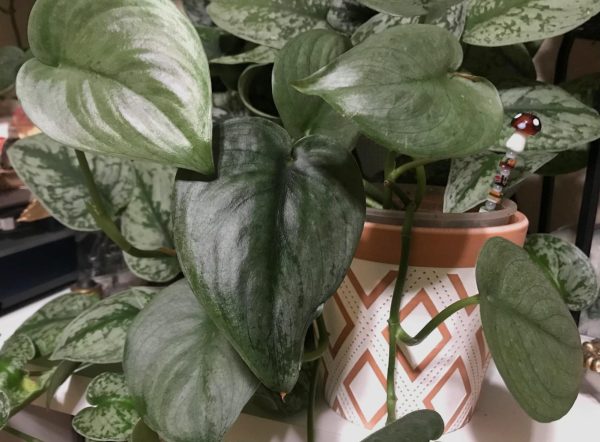
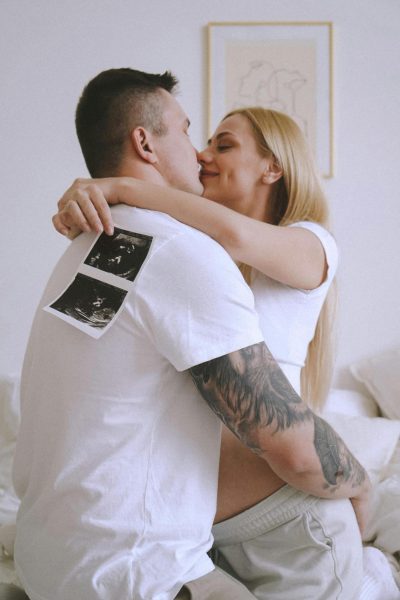
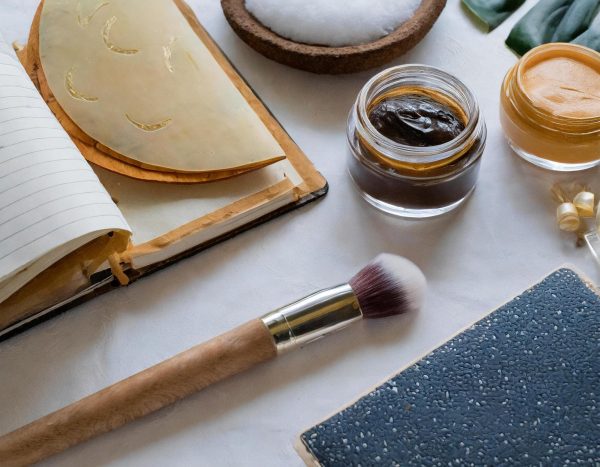
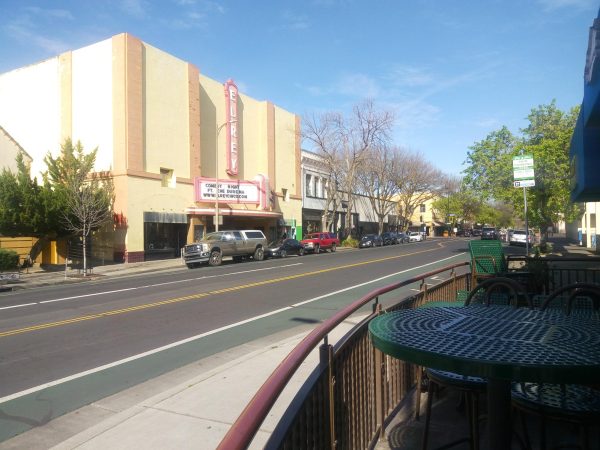
Robert Hoffman // Oct 5, 2018 at 3:23 am
Natalie:
Objectification of women’s bodies? You should not use such euphemisms. This represents EXPLOITATION of women to earn money. It all leads to its own demise in the end.